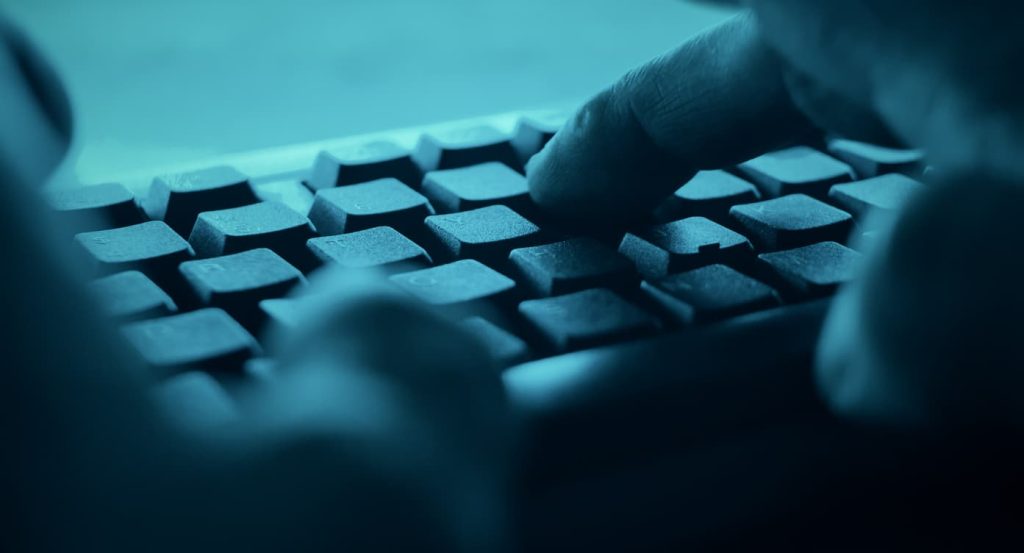Darknet Supports Ethical Collaboration with Robust Encryption Tools For Global Users
The darknet, often associated with illicit activities and hidden networks, has evolved significantly over the years, offering a space where privacy and security are prioritized. Despite its reputation, the darknet can be a tool for ethical collaboration, particularly for global users seeking to work together in a secure and anonymous environment. This evolving role is driven by the demand for enhanced privacy and encrypted communication, areas where the darknet shines through its robust encryption tools and decentralized systems. These tools ensure that users, regardless of their geographical location or the sensitivity of their work, can engage in discussions and collaborations without the threat of surveillance or data breaches. One of the key aspects that make the darknet appealing for ethical collaboration is its focus on anonymity. In a world where data breaches and surveillance are increasingly common, many individuals and organizations turn to the darknet for a secure space to communicate. This is particularly relevant in regions where freedom of speech is suppressed, or where individuals face the risk of retaliation for their opinions or work.

The ability to collaborate on sensitive topics such as human rights, whistleblowing, or scientific research without fear of exposure is a significant advantage. On the darknet, users can utilize tools like Tor The Onion Router to mask their identities and obscure their locations, ensuring that their online activities remain confidential. Encryption is another cornerstone of the darknet’s ethical use. Modern encryption protocols are designed to ensure that the communication between users remains private and secure, even in the face of potential cyberattacks. PGP Pretty Good Privacy encryption, for instance, is widely used for securing emails and documents, allowing users to share sensitive information without the risk of interception. These tools provide a layer of protection that is critical for collaboration on projects involving sensitive data or confidential discussions. Whether it is researchers sharing groundbreaking findings or activists organizing movements, encryption ensures that their communications remain private and protected from prying eyes. Furthermore, the decentralized nature of the darknet adds to its appeal for ethical collaboration. Unlike traditional centralized platforms, where data can be easily controlled and monitored by a single entity, the darknet is distributed, meaning that no single party has full control over the network.
This decentralization makes it more resistant to censorship and surveillance, empowering users to collaborate freely across borders. In a globalized world where digital borders are often drawn along political lines, the darknet enables people from different countries and backgrounds to unite and share information without the fear of being silenced. Despite the challenges and risks associated with accessing the darknet, the ethical use of its tools for collaboration continues to grow Omg даркнет. By focusing on privacy, security, and anonymity, the darknet offers a unique and powerful environment for global users to come together, exchange ideas, and protect sensitive information. While there are certainly areas of concern, such as illegal activities that still take place on the darknet, its potential for fostering ethical collaboration and promoting free expression cannot be overlooked. As more people recognize the value of robust encryption and decentralized systems, the darknet may evolve into a critical platform for secure, ethical global collaboration.
Recent Posts
- How Cold Climate Heat Pumps Help You Save Energy During Winter
- Perfect Measurements Make Tailoring Effortlessly Sophisticated and Chic
- Create Delicious, Fluffy Whipped Cream in Seconds with Nitrous Oxide
- Protect Your Automatic Watches with the Convenience of a Watch Winder
- Rotary Evaporation: Perfect Pairing for Enhanced Laboratory Operations